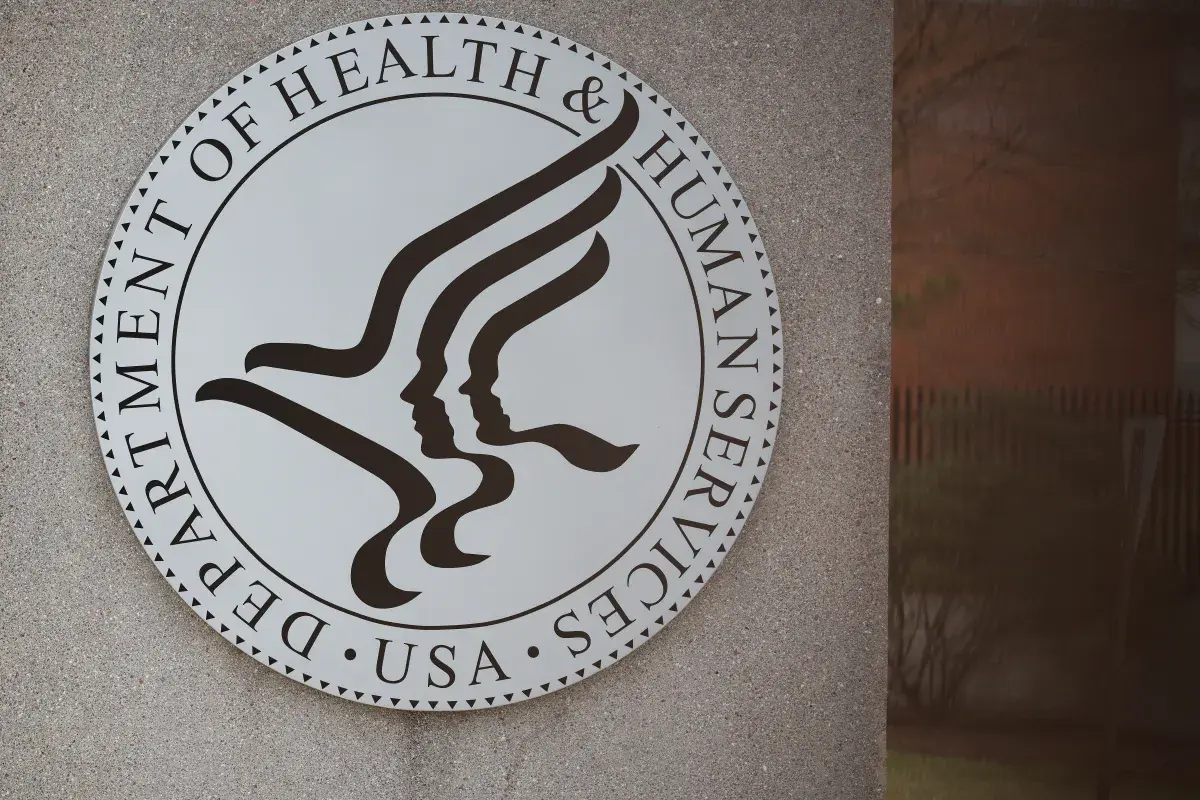
Medicare Advantage is set to experience a drop in beneficiaries next year, according to a new forecast by the Centers for Medicare & Medicaid Services.
While more seniors have enrolled in the private version of Medicare known as Medicare Advantage in recent years, enrollment is expected to decrease from 34.9 million in 2025 to 34 million next year.
Why It Matters
Medicare Advantage can appear to offer lower costs for seniors, but it sometimes carries terms that could limit beneficiaries to certain providers or require prior authorization for certain health care needs, leading to some enrollees not getting coverage for treatments or care that need.
The larger Medicare system could shift if the beneficiary drop forecast is accurate.
Newsweek reached out to CMS for comment via email.
What To Know
The estimated drop from 34.9 million to 34 million Medicare Advantage subscribers means that Medicare Advantage would see a decrease from 50 percent of the overall Medicare market to just 48 percent next year.
“Some people simply prefer the certainty and comfort of traditional Medicare,” Kevin Thompson, the CEO of 9i Capital Group and the host of the 9innings podcast, told Newsweek.
“They don’t want to deal with in-network restrictions or prior authorization hurdles that can delay or deny care. For them, traditional Medicare offers peace of mind and direct access—without the red tape.”
In 2010, Medicare Advantage had only 25 percent of the market but gained more substantial portions of the market share with each passing year.
Open enrollment for Medicare begins on October 15 and lasts until December 7. This is when seniors will be able to review and make changes to their health and drug insurance coverage.
While seniors often choose Medicare Advantage for perks like added vision and dental insurance, they often face more limited options when it comes to the doctors they can see.
“The likely reason behind the significant drop is the market area reductions that are happening across the country. We are seeing carriers pull out of PPO plan offerings and even some carriers pulling out of Medicare completely,” Chris Fong, a Medicare specialist and the CEO of Smile Insurance Group, told Newsweek.
“The reasoning behind this comes from a lot of business operating pressure in the Medicare Advantage industry. Carriers combat the ever changing regulatory landscape, higher medical utilization, and lower compensation. A regulatory change like the Inflation Reduction Act had wide implications on carriers whose margins were very slim in comparison to other businesses.”
What People Are Saying
Thompson told Newsweek: “Medicare is evolving, largely because of funding pressures. The current administration has signaled less money going toward the program, often framing it under ‘waste, fraud, and abuse.’ But let’s call it what it is: a cost-containment effort. In business terms, it’s an expense line item that policymakers are trying to shrink.”
Alex Beene, a financial literacy instructor for the University of Tennessee at Martin, told Newsweek: “While not a significant decline in beneficiaries, the drop of those enrolling in Medicare Advantage comes as more seniors are reflecting on whether the plans offered are as valuable as they originally thought. Some Medicare Advantage plans tend to have a more limited physician network, prior authorization features, and other factors that can disappoint beneficiaries, especially as they get older and the need for health care becomes more frequent.”
Drew Powers, the founder of Illinois-based Powers Financial Group, told Newsweek: “Seniors are starting to see the downsides of Medicare Advantage, which for years has been marketed as though it was better than traditional Medicare in every way. Some seniors may be opting for the comparatively expanded physician networks under traditional Medicare, or may be reacting to Medicare Advantage carriers pulling back on some benefits. It is important for seniors to explore all the aspects of Advantage vs traditional plans, not just the bullet points listed in marketing and sales material.”
What Happens Next
Seniors will be able to make changes to their Medicare plans from October 15 to December 7 as part of the open enrollment period.
“In the current economic climate, seniors are rightfully looking to get the most bang for their buck when it comes to health care plans, and for some, Advantage is falling short,” Beene said.